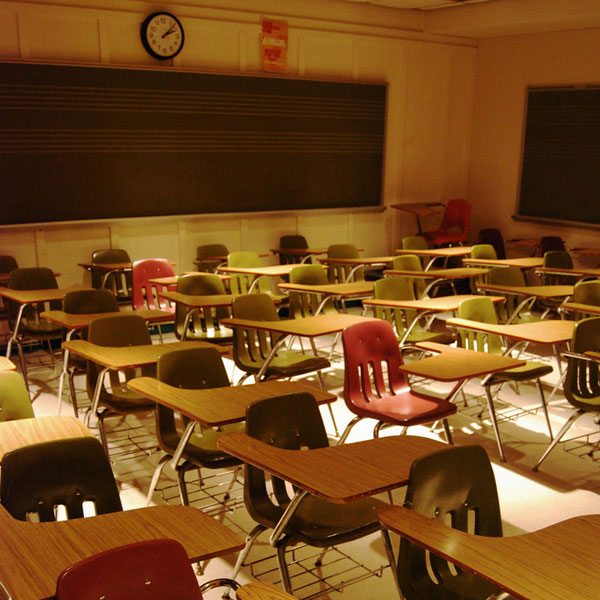
December 11, 2017; Washington Post
From coast to coast, it is getting harder to find enough qualified teachers to fill classrooms. At the beginning of this school year, Valerie Strauss, Washington Post education writer, reported that “the annual nationwide listing of areas with teacher shortages, compiled by the U.S. Education Department, shows many districts struggling to fill positions in subjects such as math, the traditional sciences, foreign language and special education, but also in reading and English language arts, history, art, music, elementary education, middle school education, career and technical education, health, and computer science.”
In many industries, difficulty in getting positions filled with skilled workers would result in wages and benefits increasing. Despite all the talk of a desire for market-based solutions in education, underfunded public schools are choosing to redefine what it takes to be a “qualified” educator.
This week, Virginia’s Governor Terry McAuliffe issued an emergency order to address his state’s teacher shortage, one that has grown by 40 percent in the last decade, resulting in 1,000 unstaffed classrooms at the beginning of the 2017 school year. He noted in his order that Virginia faces a “growing crisis that we have to stop and reverse if we are serious about the commonwealth’s economic future.”
McAuliffe recognizes that “high quality teachers are the key to unlocking the potential in our children.” His solution is to allow undergraduate programs to offer education majors, a step that will reduce both the number of years and the price to become a qualified teacher.
Sign up for our free newsletters
Subscribe to NPQ's newsletters to have our top stories delivered directly to your inbox.
By signing up, you agree to our privacy policy and terms of use, and to receive messages from NPQ and our partners.
Under McAuliffe’s emergency order, pursuing an education certification would take at least one less year. As Jim Livingston, president of the Virginia Education Association, told the Washington Post, “Most public colleges and universities in Virginia require that teaching candidates first complete a bachelor’s degree in a subject area such as math, science or social studies. Then, aspiring educators must enter a teacher preparation program, which often requires a fifth year of school… McAuliffe’s order would reduce the cost of pursuing a career in education.”
In announcing his action, McAuliffe said:
Given the cost of higher education and the severe need for additional teachers, I believe changing this requirement will encourage more Virginians to pursue careers in education and will help supply more future teachers to meet the growing needs of our public school system.
The initial reaction from educators was positive; they believe the change will not dilute teacher quality and may in fact lead to improvement. Robert C. Pianta, dean of the Curry School of Education at the University of Virginia, said, “Allowing teacher preparation programs to develop four-year models, in my view, has the potential to create stronger preparation and more effective teachers in a shorter time frame than the current master’s focused approach.”
Redefining what it means to be a qualified teacher is a high-stakes game. Linda Darling-Hammond, president of the Learning Policy Institute, recently wrote that “not only are underprepared teachers less effective on average, they are also 2 to 3 times more likely to leave teaching than fully prepared teachers, creating a revolving door that makes solving shortages an uphill climb.” If Virginia’s new approach can make teaching more attractive as a career choice and not result in less skilled teachers, it will be a home run. If not, even if more classrooms are led by certified teachers, it will not result in better education.—Martin Levine













